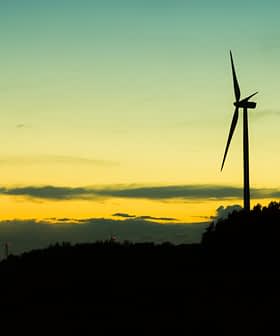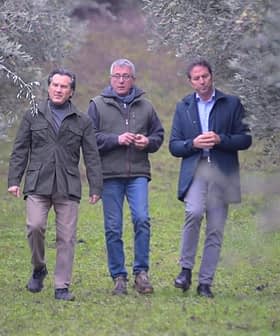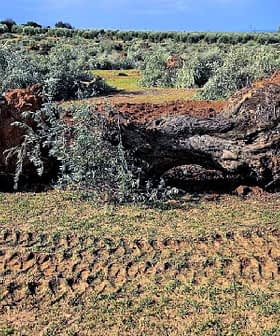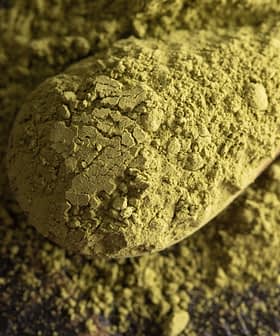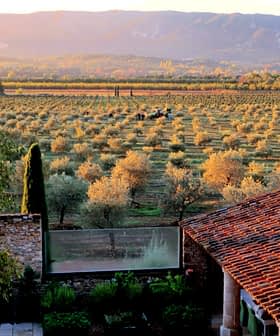Farmed Fish Benefit From Olive Oil in Their Diets
Olive oil-fed sea bream became the latest addition to a growing list of farm animals who have shown to benefit from a diet that includes olive byproducts.
A study published in The British Journal of Nutrition found that olive oil extract can benefit the health of farmed fish and may be a promising ingredient in aqua feed. The research showed that replacing fish oil with olive oil bioactive extract in the feed of sea breams resulted in increased body weight, improved gut health, and reduced liver fat deposits, potentially offering a sustainable alternative for the aqua feed industry.
The results of a new study suggests that olive oil extract is beneficial to the health of farmed fish and shows promise as an ingredient in aqua feed.
The study, “Olive oil bioactive compounds increase body weight, and improve gut health and integrity in gilthead sea bream” was published in The British Journal of Nutrition.
During the 90-day study, 1,500 farmed sea breams (sparus aurata) were divided among 20 tanks and fed twice daily. Fish oil in aqua feed was replaced with an olive oil bioactive extract (OBE) rich in polyphenols. Four concentrations of the OBE were tested; 0.08, 0.17, 0.42, and 0.73 percent.
Results showed that the fish fed on the 0.17 and 0.42 percent OBE concentrates weighed 5 percent more that the other fish. The extract also appeared to reduce the size of fatty deposits in the liver, suggesting that the extract could potentially improve the intestinal health of fish.
The research also concluded that that the additive had the potential to improve the condition and defensive role of the intestine by enhancing the maturation of enterocytes, reducing oxidative stress, improving the integrity of the intestinal epithelium and enhancing the intestinal innate immune function, as gene expression data indicated.
The aqua feed industry is under pressure to find sustainable vegetable-based alternatives to marine sourced ingredients, to meet rising demand for cost-effective feed for farmed fish, which now make up around 50 percent of all consumed fish.
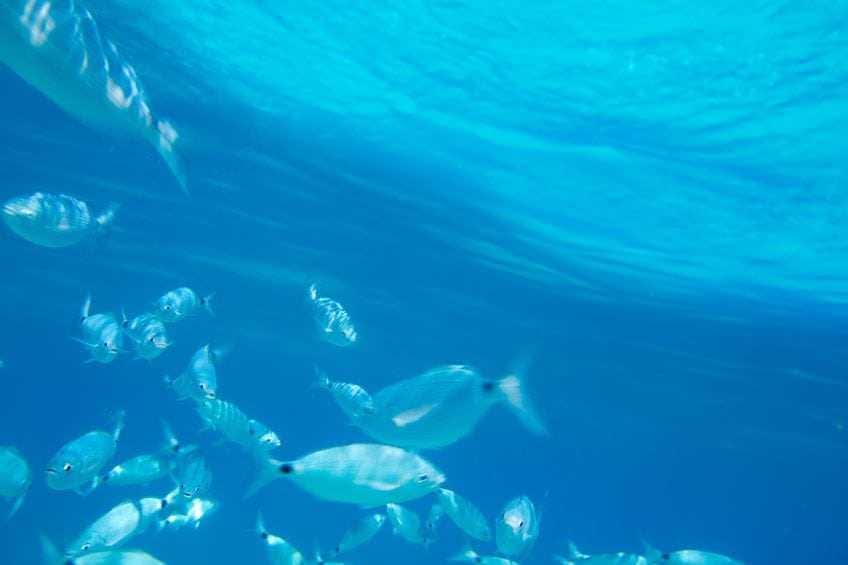
Yannis Papadopoulos from Corfu Sea Farm told Olive Oil Times, “The ingredients of the fish feed can have a great impact on the health and growth of the fish.”
Challenges to producing plant-based aqua food have included finding suitable vegetable ingredients for carnivorous fish, maintaining satisfactory levels of omega 3 fatty acids in the fish and persuading fish farmers who demand specific levels of oil and fishmeal.
The olive oil-fed sea bream became the latest addition to a growing list of farm animals shown to benefit from a diet that includes olive byproducts. Olive-fed cows on the Japanese island of Shodoshima are healthier than counterparts and their Sanuki Wagyu Beef has been hailed for its superior taste and texture.
Earlier this year, Euronews reported on piglets in Belgium fed a mix of olive oil waste, soya and cereals. The piglets were observed by scientists to determine if the mix boosted the animals’ health and productivity.
The scientists focused on determining the most beneficial components in promising under-valued food waste that would be the most beneficial to the animals, building a catalogue of promising waste products for feed that could become commercially available in 2 – 3 years.


